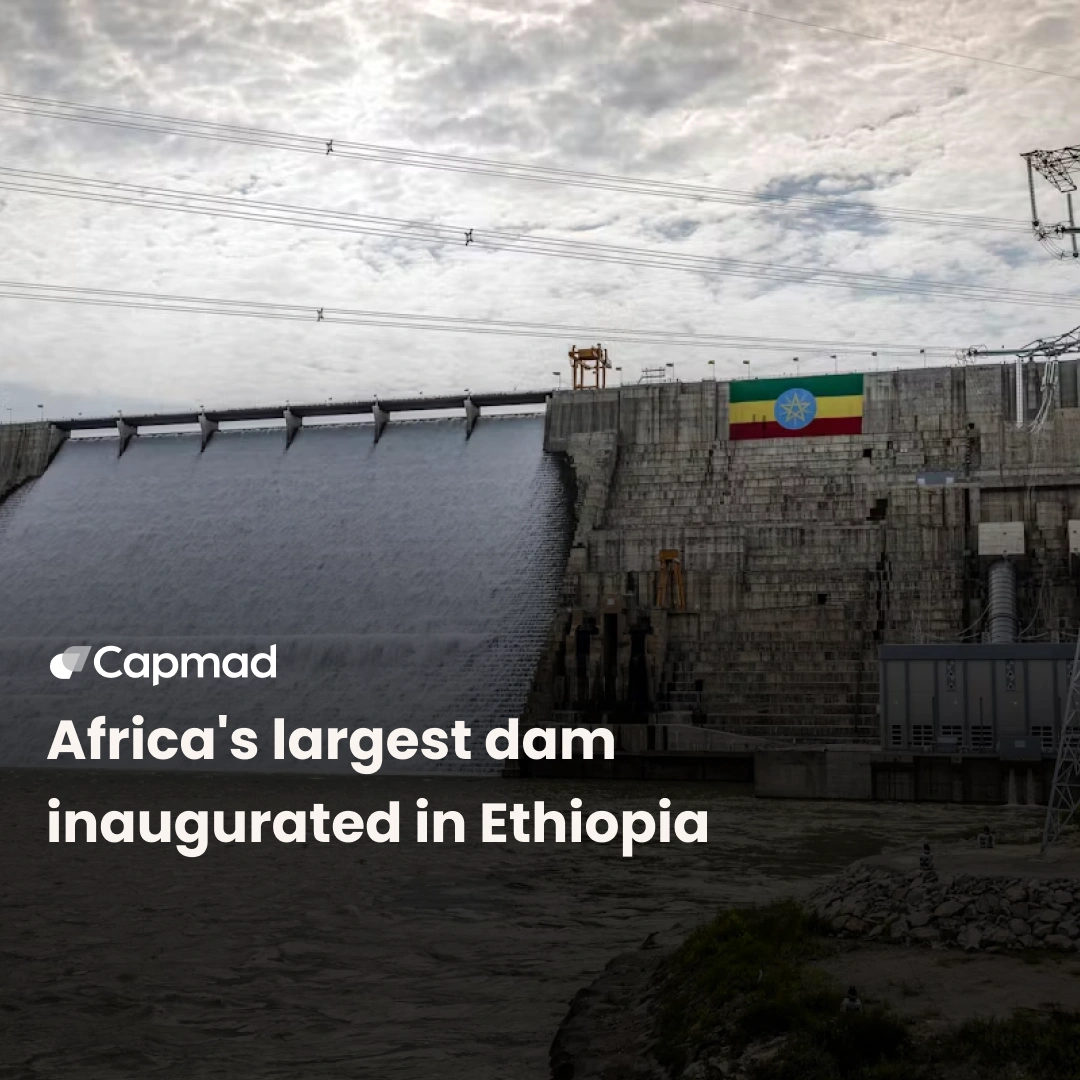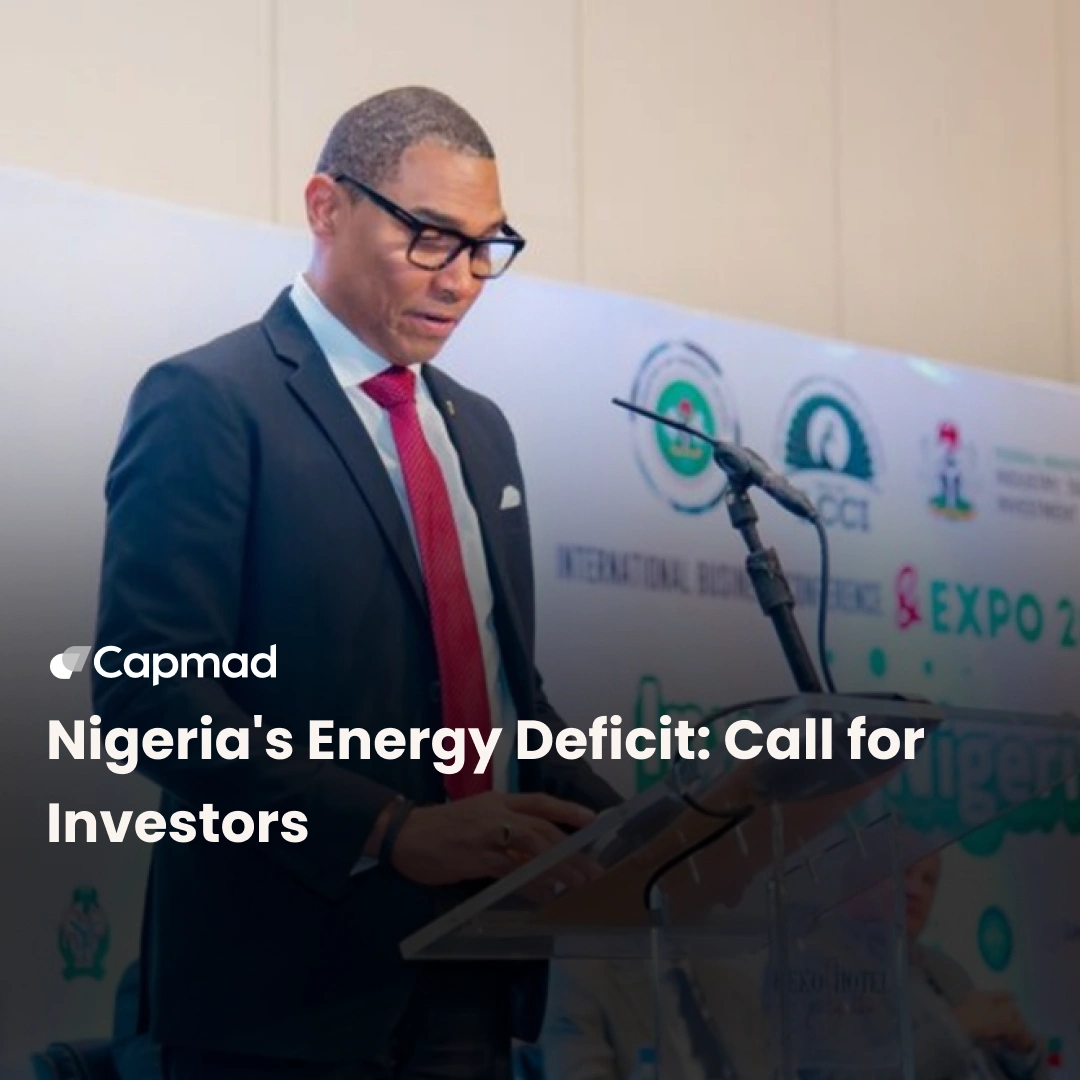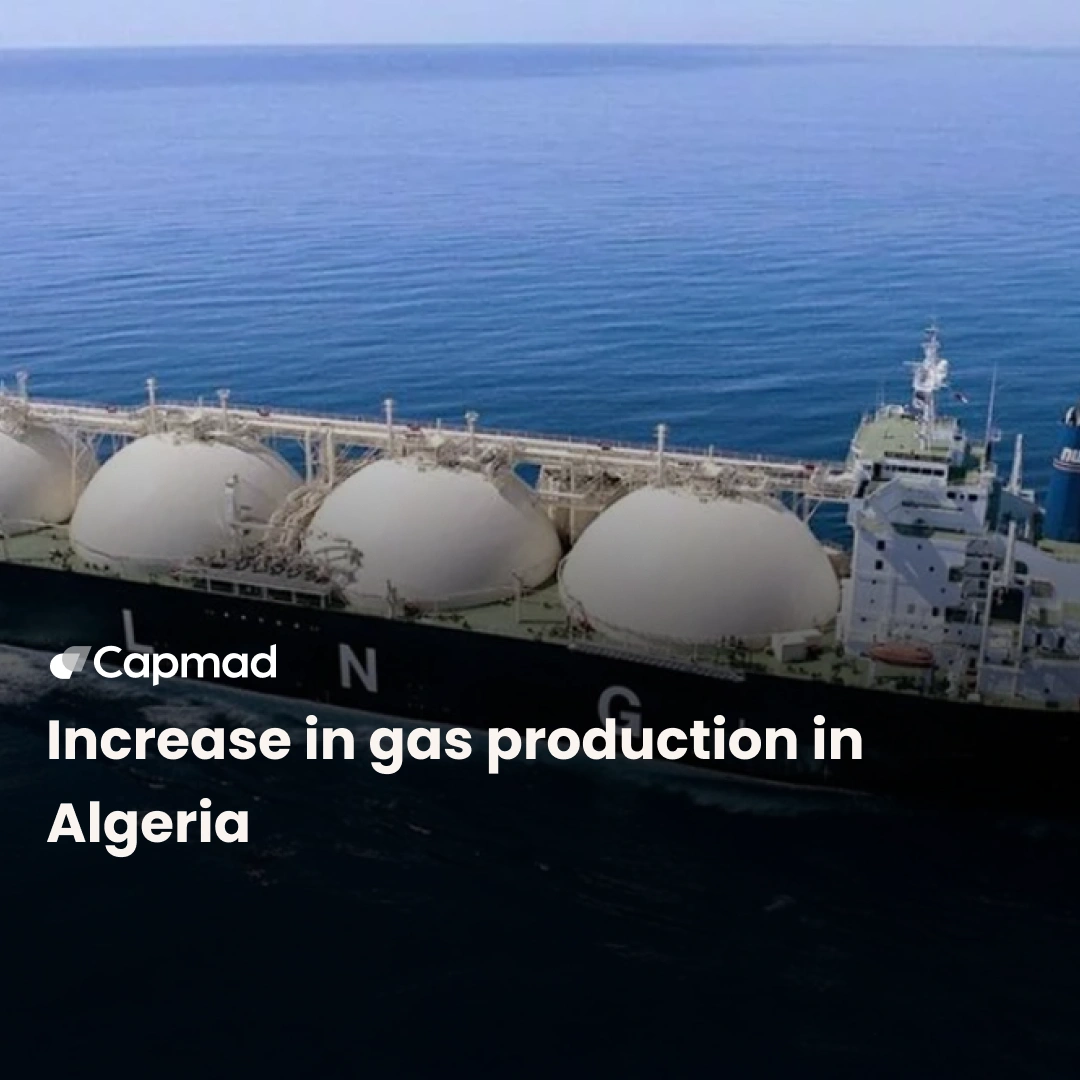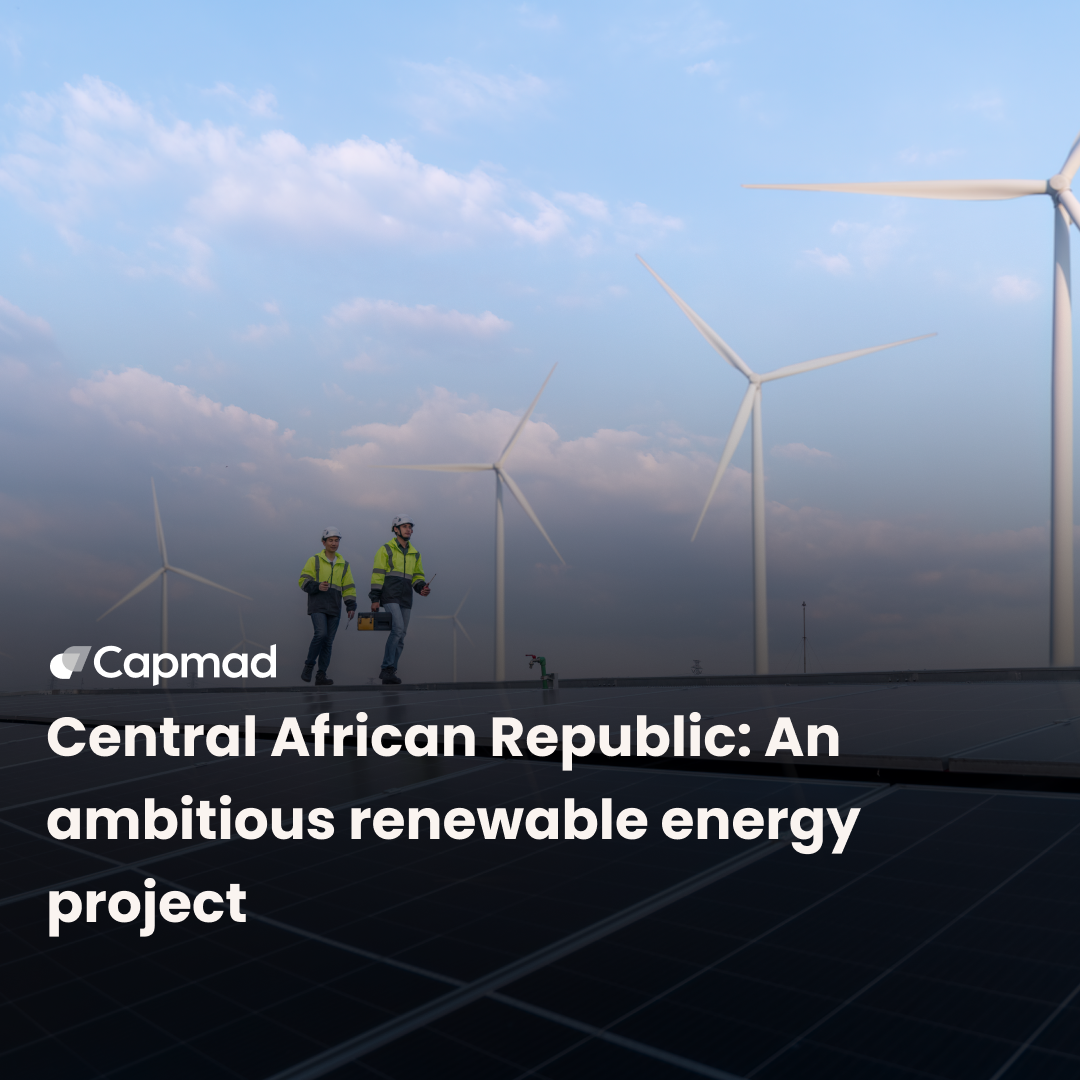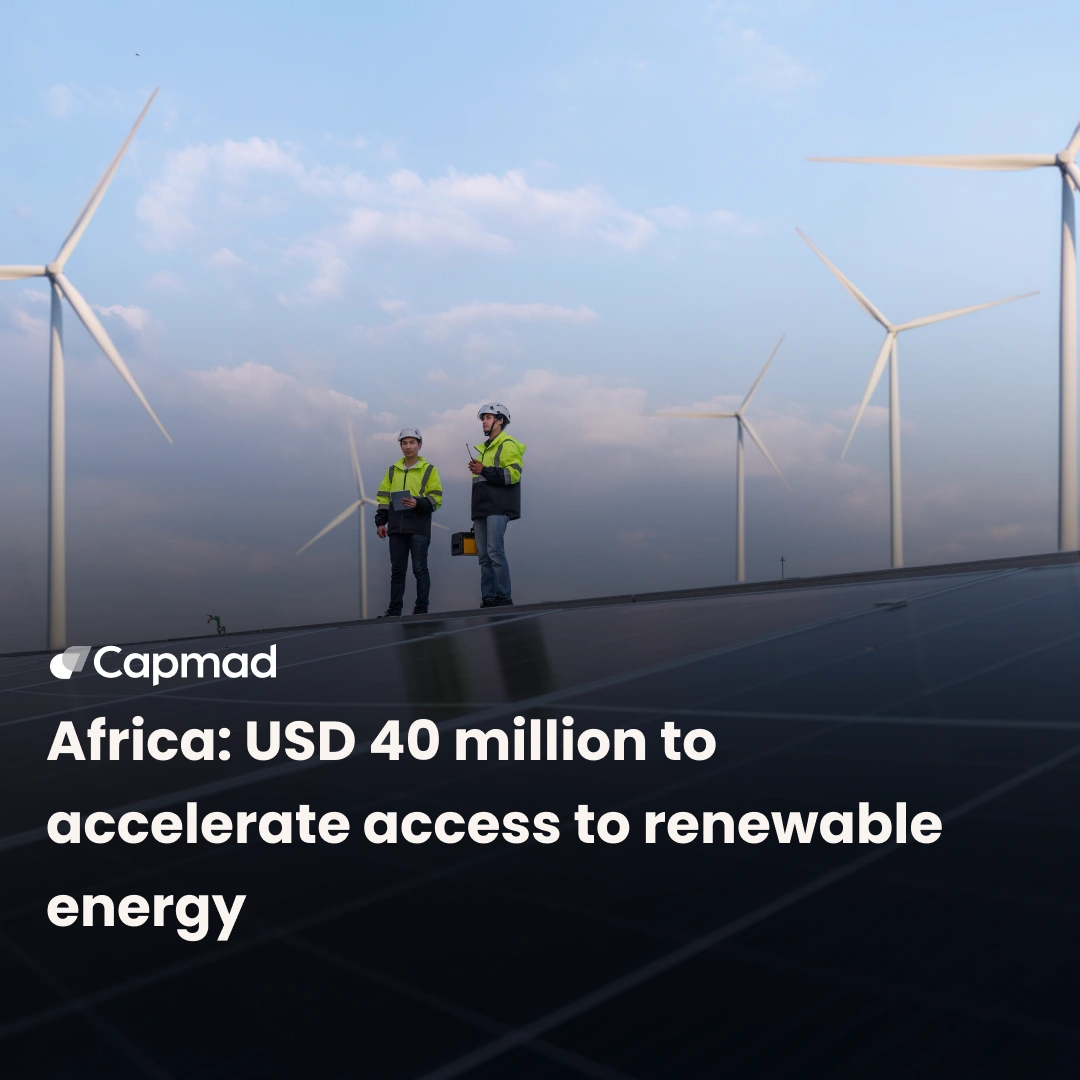The United Arab Emirates (UAE) has agreed to co-finance the African Atlantic Gas Pipeline project, alongside the Islamic Development Bank (IsDB) and the OPEC Fund for International Development. This nearly 6,800 km long pipeline will connect Nigeria to Europe, crossing 13 West African countries before connecting to the European gas network via Spain.
The world’s longest offshore pipeline
The project, budgeted at USD 25 billion, aims to transport between 30 and 40 billion cubic meters of gas per year, making it the longest offshore pipeline in the world. It is designed to be a major lever for regional integration, economic growth, and the reduction of energy poverty in West Africa, while also offering Europe a strategic alternative to diversify its gas supply sources, particularly in the face of political tensions.
Morocco and Nigeria have created a joint venture to manage the project, which will begin construction in 2025 with first deliveries scheduled for 2029. The Chinese group Jingye Steel is contracted to supply the pipelines, and the first calls for tenders are expected this year.
Addressing energy and climate challenges
The United States is also showing interest in investing in this project, which could accelerate its completion. The project is part of a dynamic of South-South cooperation, illustrating the desire of African countries to develop shared infrastructure to address energy and climate challenges.
The UAE’s association with the African Atlantic Gas Pipeline strengthens financing and international cooperation around this strategic project. It aims to transform West Africa’s energy landscape and provide a new energy source for Europe.
Which industrial sectors will benefit from the energy infrastructure?
The industrial sectors that will benefit most from the African Atlantic Gas Pipeline’s energy infrastructure are mainly:
Heavy industry and manufacturing: Increased access to natural gas will reduce energy costs, promoting the modernization and competitiveness of local industries in the countries it passes through, particularly in Morocco, which aims to become a regional energy hub.
Fertilizer production and agro-industry: Natural gas is a key raw material for fertilizer manufacturing. This will boost agriculture and agribusiness in Sahelian countries such as Niger, Mali, and Burkina Faso, thus promoting the industrialization of these energy-intensive sectors.
Construction and maintenance of infrastructure: The construction of the gas pipeline and associated facilities will create thousands of jobs in the construction, maintenance, and management of gas infrastructure, boosting these sectors in several countries.
Electricity production: The natural gas transported will boost electricity production, improving grid stability and facilitating electrification in the region. This will directly benefit industries dependent on reliable energy.


